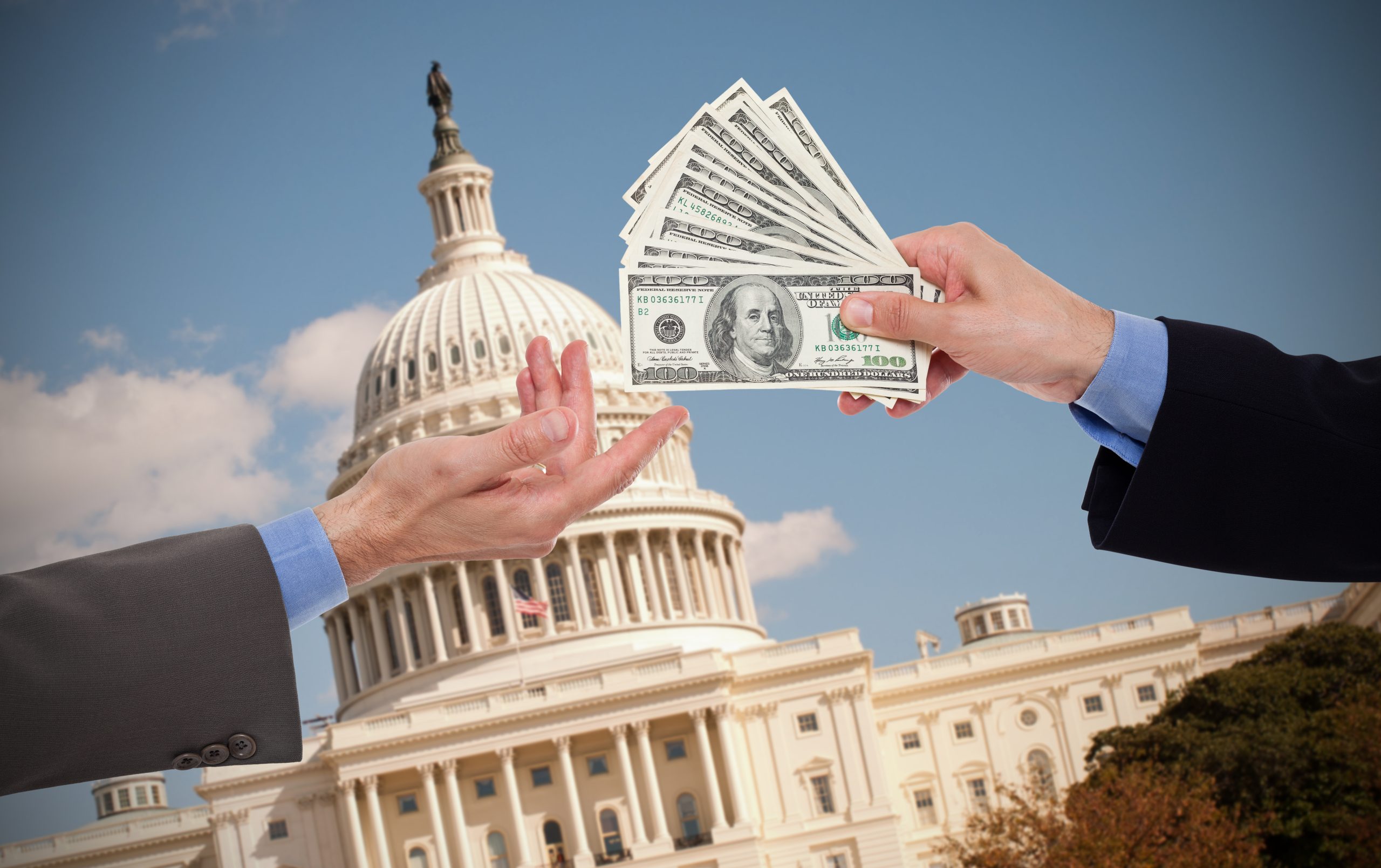For decades, investors have sounded alarms about the threat that corporate political spending poses to our democratic institutions, as it leads to policy-making at all levels of government that often places corporate interests over the public interest. The distortion of public policy and corrupting influence on our political system caused by corporate political spending has a destabilizing effect on the broader economic and cultural environment, inhibiting the long-term sustainability of business and threatening to unravel the social fabric.
Our Theory of Change
Through dialogues and shareholder proposals, ICCR members urge companies to implement the Erb Principles for Corporate Political Responsibility and the CPA-Zicklin Model Code of Conduct for Corporate Political Spending which provide a framework for companies to approach and govern their election-related spending to ensure it is consistent with corporate values and the goal of supporting democratic institutions.
The Business Case for Action
Political donations that are misaligned with corporate values and mission present reputational risks that can redound to shareholder value. By implementing policies in line with the Erb Principles and CPA-Zicklin Model Code, companies ensure the needed scrutiny and oversight for these activities and avoid any unintended negative consequences.
Current Initiatives:
Through a combination of dialogue and the filing shareholder resolutions, ICCR’s members are pressing these companies to do their due diligence with regards to their political spending, and enhance their public disclosures.









